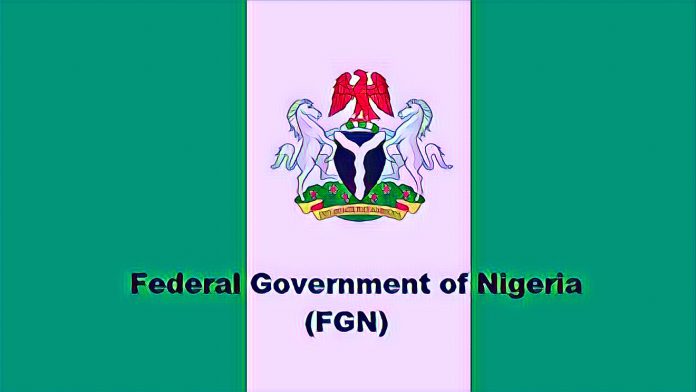KEY POINTS
- In Nigeria, waste management contributes 3.2% to its GDP and innovation results in 1.6M jobs.
- Vandalism, sustainability are new task force targets for NASWDEN.
- National Waste Management Summit scheduled for early 2025 to steer the growth of the sector.
Advances in waste management practices have also resulted in 1.6 million job creation annually and led to 3.2% growth in Nigeria’s GDP, according the Federal Government.
But officials from the National Association of Scrap and Waste Dealers Employers of Nigeria (NASWDEN) said that during the launch of a new task force against illegal activities and vandalism of public infrastructure, this became known.
The economic impact of waste management
The Minister of Information and National Orientation, Mohammed Idris, speaking at the event through his Special Assistant, Saidu Ahmed, explained the relevance of the initiative in its encouragement of civic responsibility.
Nigeria generates 32 million tons of solid waste annually, said the Minister of Environment, Balarabe Abbas.
Apart from creating jobs, the improved waste management has also brought in €4.4 billion reductions in imports of waste and a positive impact on the country’s trade balance.
Sustainable waste management has become a priority of the government, which has improved the economy and at the same time pointed out the significance of group efforts to meet sectoral challenges.
Future plans and engagement of stakeholders
NASWDEN announced a national stakeholder tour and Nigeria’s first National Waste Management Workers Summit, which will take place early 2025.
The summit will further encourage collaboration and productivity and seek ways to propel increased job creation in the sector.
Speaking about government efforts to support waste recycling policies, Alhaji Akilu Hassan Mohammed, Chairman of NAK Steel Rolling Mills Company Ltd. said they would support the nation’s economic growth.
The newly launched task force is meant to secure public infrastructure, as part of efforts towards ensuring sustainable progress in waste management and in line with Nigeria’s development aspirations.



